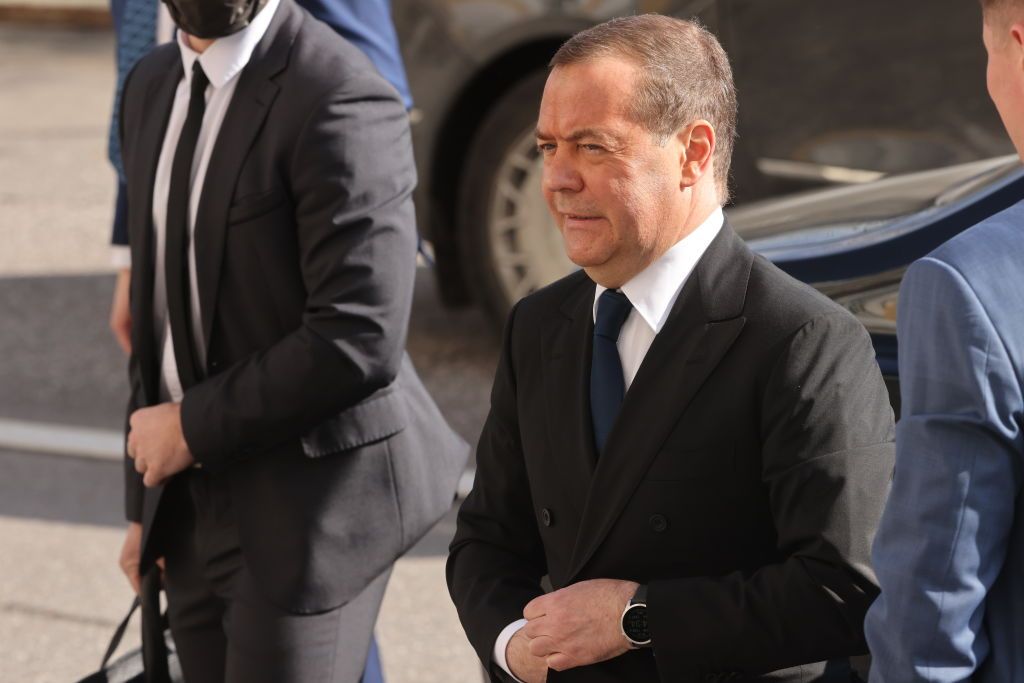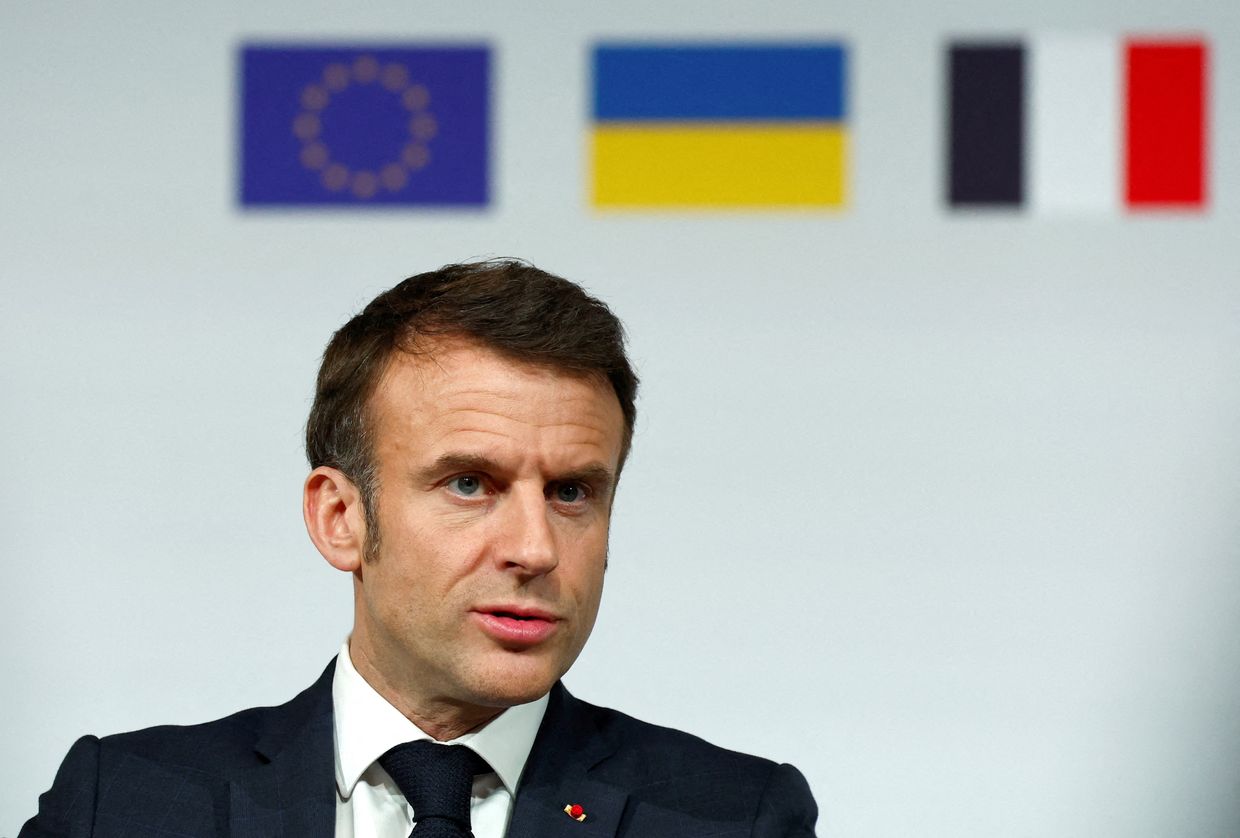CNN: US prepared 'rigorously' for potential Russian nuclear strike in Ukraine in 2022

Washington was "preparing rigorously" for a possible Russian nuclear strike in Ukraine in late 2022, which would have been the first nuclear attack in a war since the Hiroshima and Nagasaki 1945 bombings, CNN reported on March 9, citing two unnamed U.S. officials.
Russia has repeatedly threatened to use nuclear weapons in response to Western support for Ukraine, but the threats have so far failed to materialize. Russia continues to wage an all-out war in Ukraine without utilizing its nuclear arsenal.
The White House was particularly concerned Russia might use a tactical or battlefield nuclear weapon in Ukraine, the officials told CNN.
The U.S. National Security Council held a series of meetings from late summer to fall 2022 to put contingency plans in place "in the event of either a very clear indication that they were about to do something, attack with a nuclear weapon, or if they just did, how we would respond, how we would try to preempt it, or deter it," said the first administration official.
"That’s what the conflict presented us, and so we believed and I think it’s our right to prepare rigorously and do everything possible to avoid that happening."
President Joe Biden’s administration was led to such an assessment not by one indicator but by a combination of developments, analysis, and highly sensitive intelligence, CNN wrote.
The White House’s fear Russia might use a nuclear weapon in Ukraine "was not just hypothetical — it was also based on some information that we picked up," the second official said.
"We had to plan so that we were in the best possible position in case this no‑longer unthinkable event actually took place."
One of the arguments in favor of Russian dictator Vladimir Putin's potential use of nuclear weapons at the time reportedly was Ukraine’s advance on then-occupied Kherson, which Putin claimed was a part of Russia.
The White House was worried that the loss of the city could be a "potential trigger" for Putin to launch a nuclear strike on Ukraine, according to CNN.

At the same time, the Kremlin's propaganda machine was spreading a new false flag story about a "Ukrainian dirty bomb," which US officials feared could be a cover for a Russian nuclear attack, added the media outlet.
In one of the latest cases of nuclear saber-rattling, Putin claimed on Feb. 29 that there will be "tragic consequences" if NATO troops are sent to Ukraine, and the West's support for Kyiv "risks a conflict using nuclear weapons."
Putin’s threat followed French President Emmanuel Macron’s Feb. 26 statement that sending Western troops to Ukraine can not be "ruled out" in the future. The U.S. and many European NATO allies then said they were not considering deploying their troops to Ukraine.














